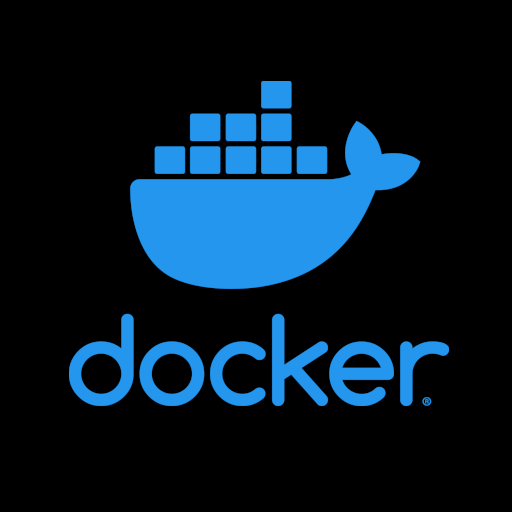

Again: Google would not be doing this if there was no perceived benefit for them. If it was merely a matter of adding a scarier warning, then what purpose does the new “student/hobbyist” account type that restricts the number of devices your app can be installed on serve??


Zig isn’t memory safe by default. Safety needs to be opted-in to, which isn’t free.
And merely recompiling C projects with the (very good) Zig toolchain wouldn’t add any form of memory safety whatsoever as far as I’m aware. You can get some safety checks that way, but you still have to fix the buggy C code manually, which is a nontrivial task in best-case scenarios.